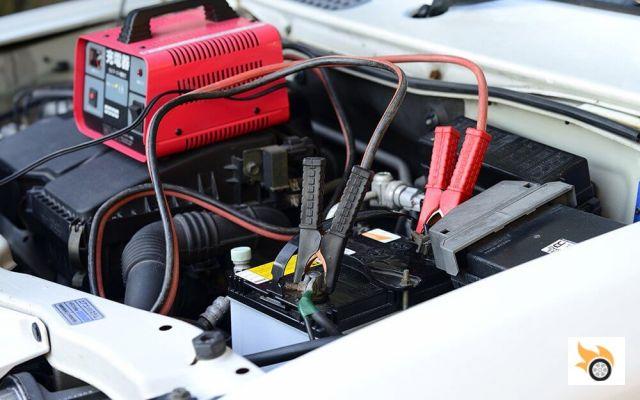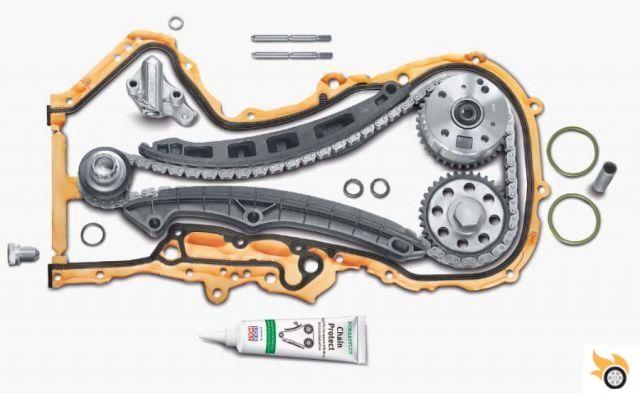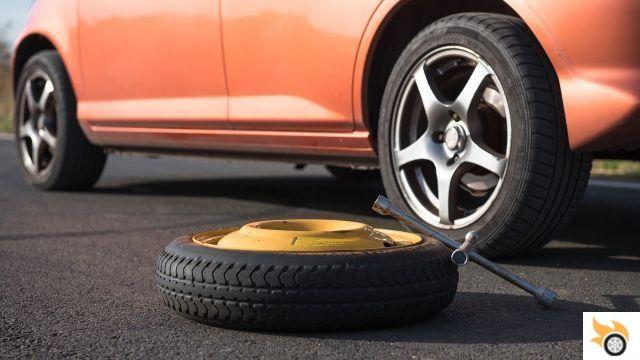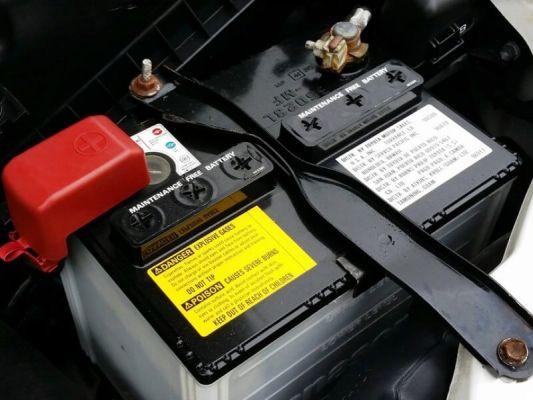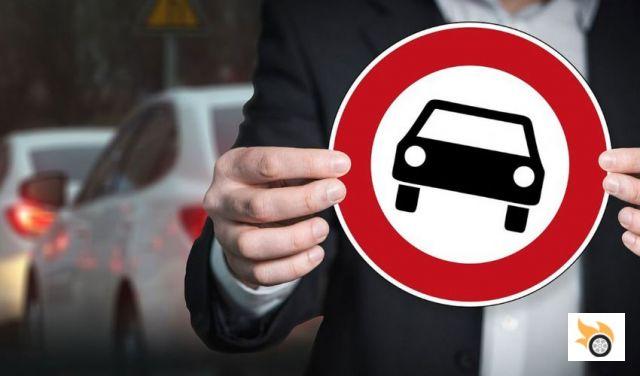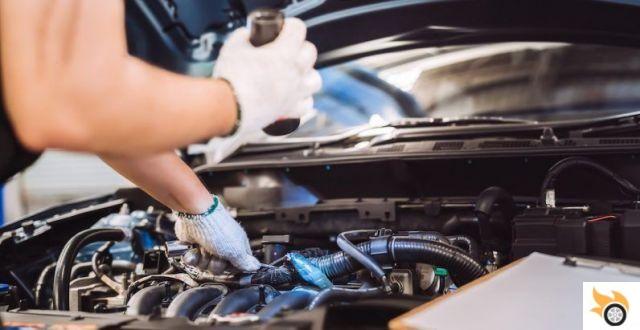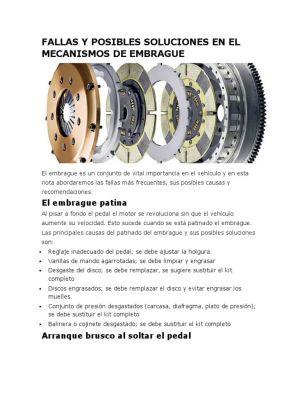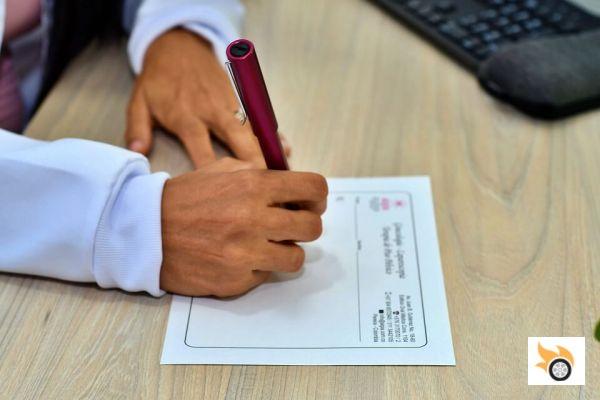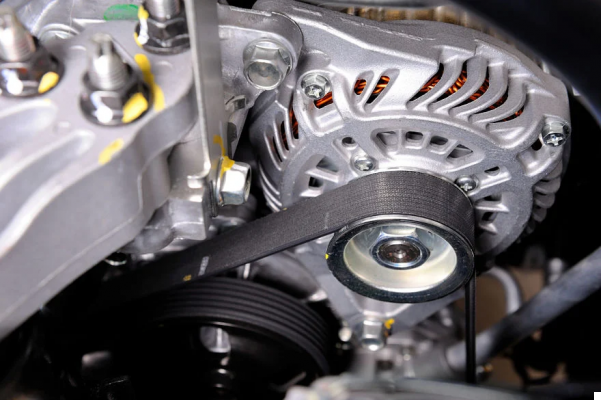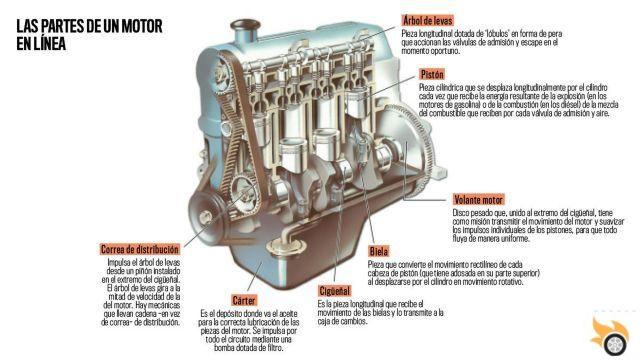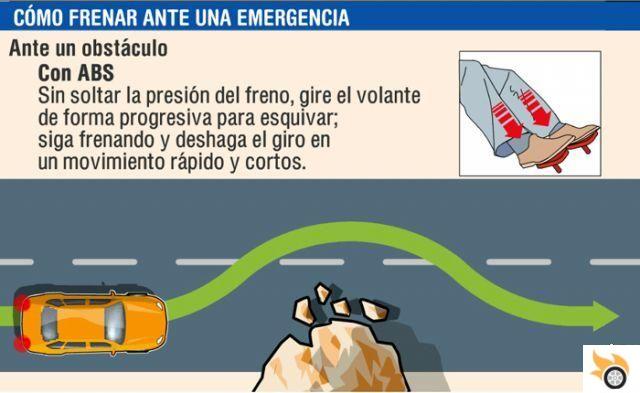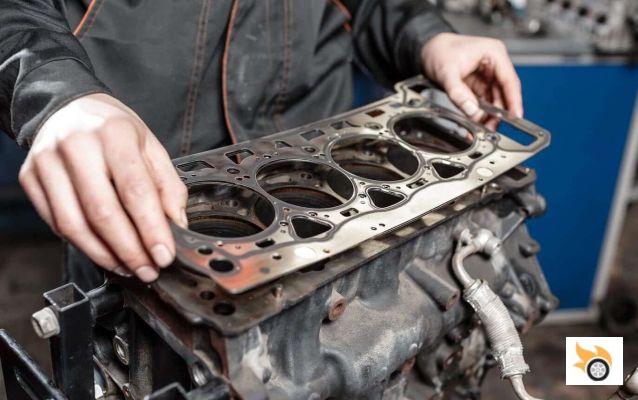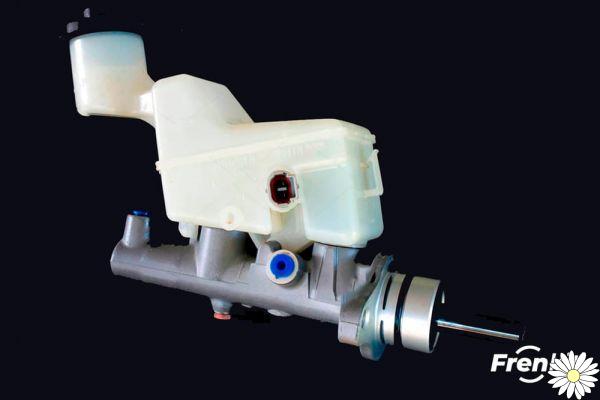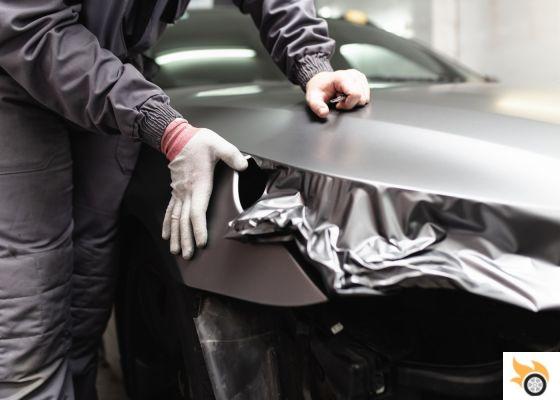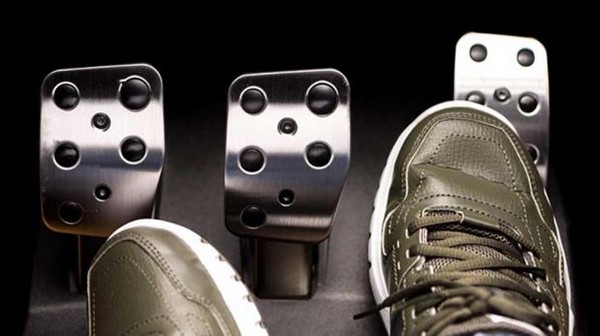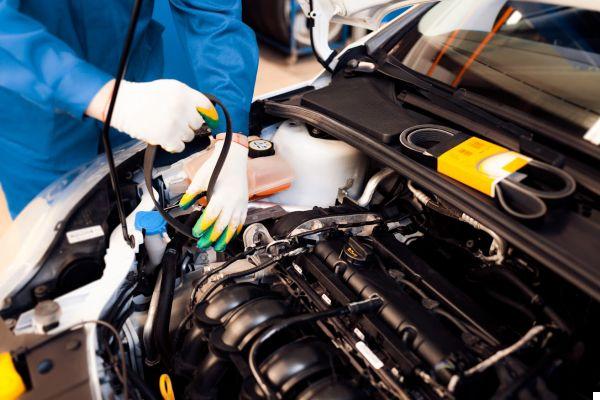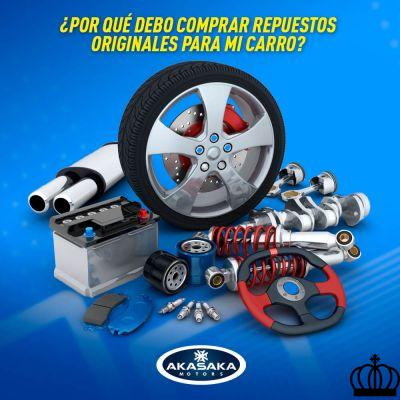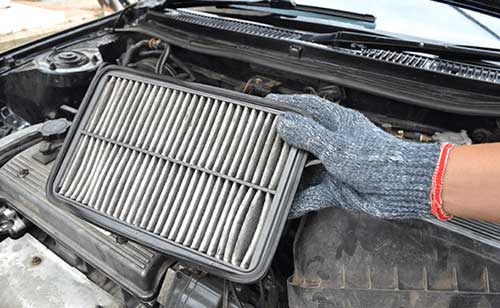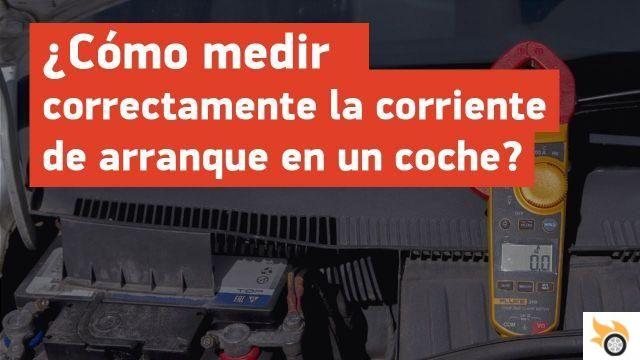 Article: Amps Needed to Start a Car
Article: Amps Needed to Start a Car
Welcome to our article on the amps required to start a car. In this text, we will answer all your questions on this subject and provide you with useful information so that you can better understand how a vehicle's starting system works and what considerations you should take into account.
How many amps does a car need to start?
One of the most common questions users ask us is how many amps a car needs to start. The answer to this question may vary depending on the type of vehicle and the conditions in which it is found. In general, it is estimated that a car needs between 200 and 400 amps to start properly.
It is important to note that these values are approximate and may vary based on factors such as ambient temperature, battery condition, and engine type. In extremely cold conditions, for example, a car may need more amps to start due to the increased resistance of the oil and other engine components.
Can I use AA batteries to start my car engine?
Another frequently asked question is whether it is possible to use AA batteries to start a car engine. The answer is no. AA batteries do not have enough capacity to provide the current needed to start a car engine. Also, connecting AA batteries to a vehicle's starting system can cause serious damage to the electrical system.
If your car is having trouble starting, it is best to use a jump starter designed specifically for this purpose. These devices have the necessary power to provide the proper current and start the engine without problems.
Car battery capacity in terms of amps and volts
The capacity of a car battery is measured in amp-hours (Ah) and volts (V). Ampere-hours indicate the amount of current the battery can deliver for a set period of time, while volts indicate the strength of the electrical current.
In general, car batteries usually have a capacity between 40 and 100 Ah. However, it is important to note that battery capacity may vary depending on the type of vehicle and its energy needs.
Regarding volts, most car batteries have a nominal voltage of 12 volts. This voltage is sufficient to power the vehicle's electrical systems and start the engine.
Tips for choosing a good car battery starter
If you are thinking of purchasing a battery starter for your car, here are some tips that will help you choose the best one:
- Starting Capacity: Make sure the jump starter has enough capacity to start your car engine. Check the starting power in amps that the device can provide.
- Compatibility: Check that the jump starter is compatible with the type of battery in your car. Some jump starters are specifically designed for lead-acid batteries, while others are compatible with gel or AGM batteries.
- Additional features: Some jump starters have additional features, such as USB ports to charge electronic devices or LED lights to illuminate in an emergency. Evaluate your needs and choose a jump starter that includes the features you find useful.
- Quality and guarantee: Opt for recognized brands and make sure that the starter has an adequate guarantee. This will give you peace of mind and allow you to have support in case of any problems.
Frequently Asked Questions (FAQs)
1. How many watts does a car battery need to start?
A car battery is not measured in watts, but in amp-hours and volts. Watts are a measure of electrical power, which is calculated by multiplying amps by volts. Therefore, it is not possible to determine how many watts a car battery needs to start without knowing the amp and volt values.
2. Can I use a jump starter to start other vehicles?
Yes, in most cases, jump starters are compatible with different types of vehicles, such as motorcycles, boats, or RVs. However, it is important to check the jump starter's specifications to ensure it is compatible with the battery type and power needs of the vehicle in question.
3. What should I do if my car won't start?
If your car won't start, there are several things you can do before resorting to a jump starter. Check that the lights and other electrical systems are off, try starting the car in neutral or neutral, and make sure the battery is properly connected and in good condition. If none of these measures work, you may need to use a jump starter or call a roadside assistance service.
Conclusion
In short, the amps needed to jump start a car can vary depending on a number of factors. It is important to have a good battery and use a suitable jump starter if your car has trouble starting. Remember that AA batteries are not enough to start a car engine and can cause damage to the electrical system. It is always advisable to follow the manufacturer's instructions and seek professional advice if in doubt.
We hope this article has been helpful and has answered all your questions about the amps needed to start a car. If you have any other questions or comments, do not hesitate to write to us. We will be happy to help you!
Until next time!
The Pistonudos.com team




